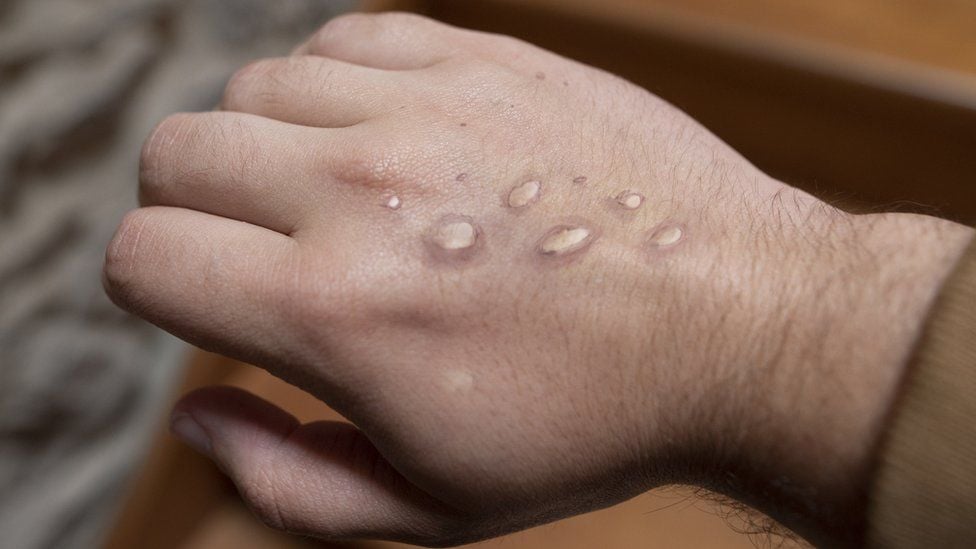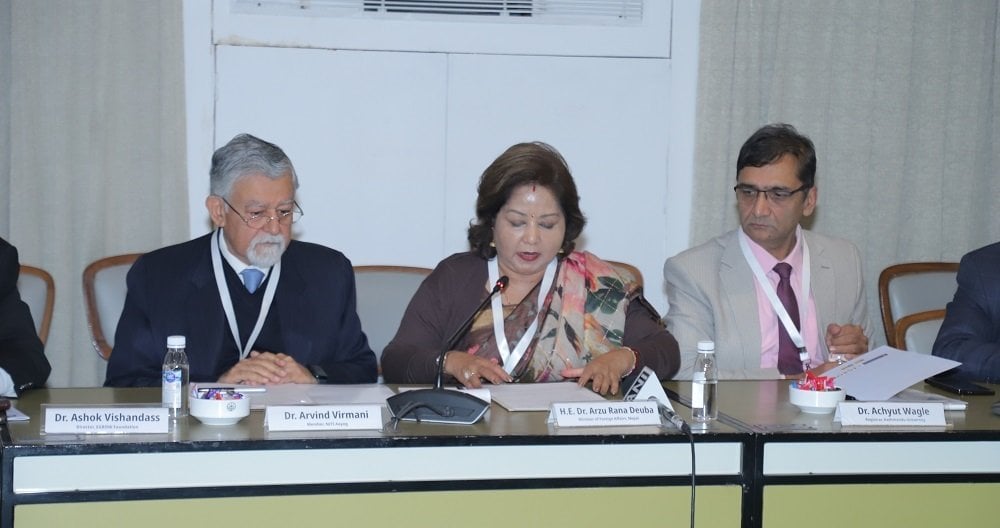Monkeypox outbreak mostly in young men in London
The current monkeypox outbreak is mostly affecting younger men in London, health officials say.

JUNE 2: Although anyone can contract the virus, 111 of 183 cases in England are in men who are gay, bisexual or have sex with men.
Monkeypox is not sexually transmitted but passed on through close contact - UK officials say no one factor linking the cases has been identified.
LGBT groups and events are being urged to help share public health messages.
People are being reminded to look out for new spots, ulcers or blisters on any part of their body, particularly if they have recently had a new sexual partner.
They should also limit their contact with others and contact NHS 111 or their local sexual health service as soon as possible by phone.
Symptoms are usually mild and clear up on their own within three weeks.
Since the start of May, 183 cases of monkeypox have been confirmed in England, four in Scotland, two in Northern Ireland and one in Wales - 190 in total.
The UK Health Security Agency (UKHSA) has given more information on those affected in the current outbreak for the first time.
The outbreak is unusual because not all cases are linked to travel with countries where monkeypox is always present, like west and central Africa. Instead, the virus is being passed from person to person in the UK.
In England, 86% of those infected live in London and only two are women. Most are aged 20 to 49.
The UKHSA said 18% of confirmed cases in England had recently travelled to a number of different countries in Europe, up to three weeks before they developed symptoms.
Health officials are contacting people who may be high-risk contacts of those cases, and advising some to isolate at home for up to 21 days.
A vaccine against monkeypox, called Imvanex, is also being offered to some close contacts, such as healthworkers, to reduce the risk of them developing the infection or becoming ill.
Scientists are no clearer to understanding what is behind the recent outbreak of monkeypox cases, but there are suggestions the virus has been spreading from person to person for some time undetected.
UKHSA said links to gay bars, saunas and the use of dating apps in the UK and abroad have been identified in some cases so far.
It said it was working with the British Association of Sexual Health and HIV (BASHH) and the British HIV Association, the Terrence Higgins Trust, Stonewall and dating app Grindr, to communicate with sexual health services and gay, bisexual and other men who have sex with men.
'Risk of stigma'
Professor Kevin Fenton, London regional director for public health said: "Monkeypox can affect anyone but we know that many of the most recent diagnoses are in gay, bisexual, and other men who have sex with men, many of whom live in, or have links to London.
"We're reminding everyone of the symptoms of monkeypox, and especially gay and bisexual men in particular, to be especially aware and seek advice immediately by calling NHS111 or their local sexual health clinic if they have concerns.
He added: "As with any new disease outbreak, the risk of stigma and uncertainty is great.
"This is why we're working side by side with the NHS, sexual health, voluntary and community sector organisations in London to share accurate information about monkeypox - especially to people and groups at increased risk - through representative voices."
Dr Meera Chand, from UKHSA, said she was "grateful to everyone who has come forward for testing".
More than 30 countries worldwide outside of Africa have also been affected by similar outbreaks, and more than 550 confirmed cases of the viral disease have been reported to the World Health Organization (WHO).
WHO emergencies director, Dr Mike Ryan, warned that climate change was changing weather conditions, which was having an impact on animal and human behaviour, including food-seeking habits.
As a result, he said, diseases which typically circulate in animals are increasingly jumping into humans.
"Unfortunately, that ability to amplify the disease and move it on within our communities is increasing - so both disease emergence and disease amplification factors have increased," Dr Ryan said.
With inputs from BBC










Leave Comment